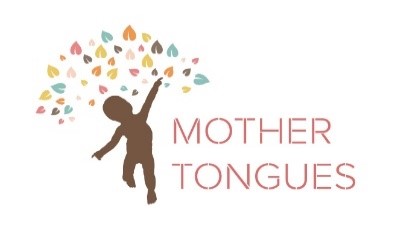International Mother Language Day (IMLD)
International Mother Language Day (IMLD)
 The International Mother Language Day is observed on 21st February to promote linguistic, cultural diversity and multilingualism. Since the year 2000, International Mother Language Day is observed annually to promote and protect all mother languages.
The International Mother Language Day is observed on 21st February to promote linguistic, cultural diversity and multilingualism. Since the year 2000, International Mother Language Day is observed annually to promote and protect all mother languages.It was first announced by UNESCO on 17 November, 1999.
Each year a new theme is decided by the United Nations to celebrate this day. UNESCO hosts numerous events and encourages people not only to safeguard their mother language, but to also learn additional languages. In 2019, the theme for IMLD is “Indigenous languages matter for development, peace building and reconciliation”.
How language is losing its importance?
According to UN reports, 43% of the estimated 6000 languages are endangered. Only a few hundred languages have genuinely been given a place in the education systems and the public domain and less than a hundred are used in the digital world.
Globally, 40% of the population does not have access to an education in a language they speak or understand. Language is an important tool for preserving and developing our heritage. Due to globalisation, our language is under threat and requires movement or awareness to preserve it.
A day to observe multilinguism
To keep up with globalisation, individuals prefer English language for communication as their comfort zone. From writing exams, attending interviews or communicating with strangers, English is the first thing that comes to mind. While coping with all this, the mother language loses its essence and therefore reaches a point where it gets lost. The mother tongue act as an identity of one’s culture, community and heritage.
How it is celebrated?
 UNESCO suggests school teachers to encourage children to use their mother language to introduce themselves and speak about their culture and values.
UNESCO suggests school teachers to encourage children to use their mother language to introduce themselves and speak about their culture and values. In schools, IMLD can be celebrated by encouraging students to observe the number of languages the fellow classmates can speak. Schools can also help students organise cultural programmes in different languages, whereas some schools go for competitions like-song recitation, debate, poetry writing, chorus singing, etc. in different languages.
These days, be it at school, with family and friends or with vendors at shops, English has taken over other languages. At schools, children are made to talk compulsorily in English, and English has become the primary language for all. On this International Mother Language Day, let us revisit our mother tongues and talk and communicate in it.
Teachers can make this day a 'fun day' at school, and the classes interesting by making the children communicate in their respective mother tongues. This fun activity can help children learn at least 3 different languages.
The teacher can ask each child in the class to say, 'Good morning! I love reading books', in his/her respective mother tongue. When everyone is done, there will at least be 6-7 languages in which the children would have said the same thing and few different dialects of the same language in which they would have communicated. At the end, the class will be a refreshing one and each child would have at least learnt a few new words. Try it out in your classes!
HAPPY INTERNATIONAL MOTHER LANGUAGE DAY!





















